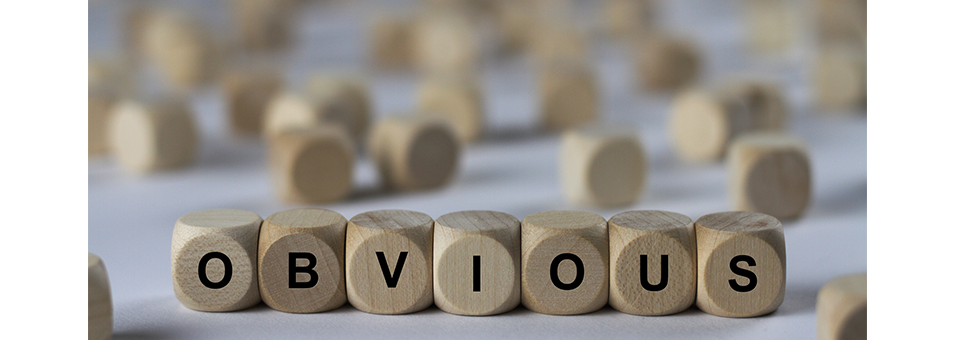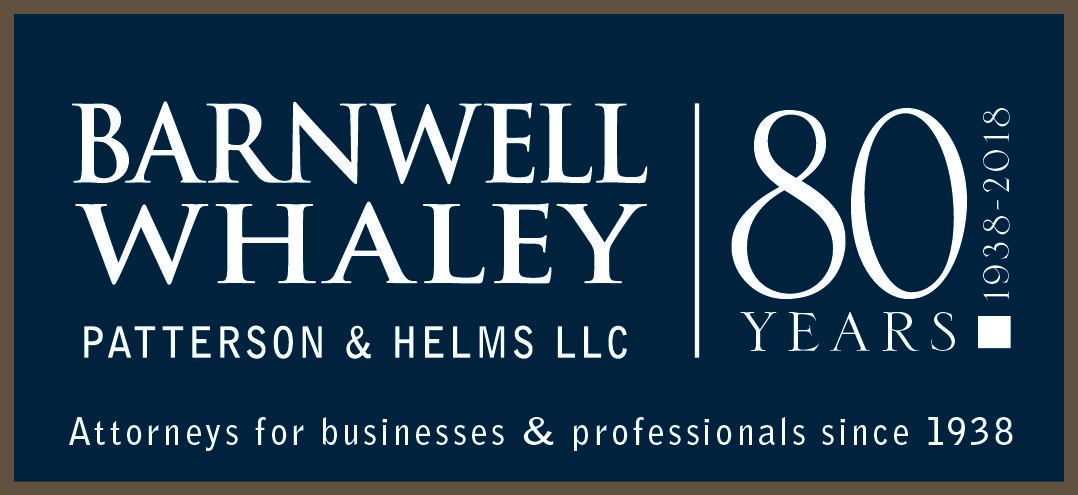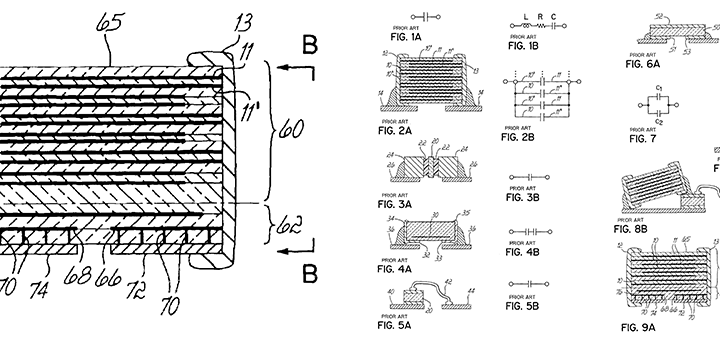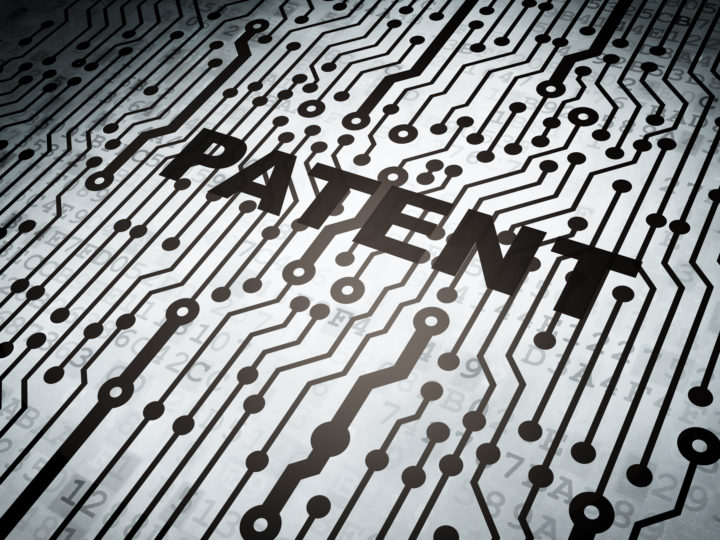
TQ Delta, LLC v. Dish Network LLC
No. 2018-1799 Fed. Cir. July 10, 2019 Before Circuit Judges Newman, Linn, and Wallach.
TQ Delta appealed a Final Written Decision (FWD) of the PTAB finding, inter alia, that claims 6, 11, 16 and 20 of TQ Delta’s U.S. Patent No. 8,611,404 (“the ‘404 patent”) were unpatentable as obvious. The ‘404 patent relates to the field of multicarrier transmission systems which provide high speed data links between communication points [and have recently been used] … for communications over the local subscriber loop that connects a telephone service subscriber to a central telephone office. The invention is described in the context of an ADSL system having a first transceiver located at the site of a customer’s premises as well as a second transceiver located at a local central telephone office.
The PTAB interpreted the claim term “without needing to reinitialize” as being satisfied if any step of initialization is avoided. TQ Delta alleged that the PTAB changed theories in midstream without giving them reasonable notice of the change and the opportunity to present arguments under the new theory in violation of the Administrative Procedure Act (APA). TQ Delta avered that the PTAB violated its procedural rights “[b]y changing its interpretation of the subject limitation.”
In the FWD, the PTAB explained what its understanding of the limitation was in the context of the prior art. Thus, the Federal Circuit held that the PTAB did not change course by construing the limitation in the FWD because it did not construe the term in its decision to institute. Because TQ Delta had notice of the claim construction issue and the opportunity to be heard, the PTAB did not violate the APA.
After construing the claims, the Federal Circuit considered the prior art stating that the PTAB factual finding are reviewed for “substantial evidence” and its legal conclusions de novo. The Federal Circuit reminded that “substantial evidence is something less than the weight of the evidence but more than a mere scintilla of evidence,” meaning “[i]t is such relevant evidence as a reasonable mind might accept as adequate to support a conclusion.” The PTAB held that the challenged claims would have been obvious over a combination of Bowie, the ADSL Standard and Vanzieleghem determining that it would have been within the level of ordinary skill in the art to select a frequency for Bowie’s resume signal such that Vanzieleghem’s pilot tone would not be mistaken for the resume signal.
The Federal Circuit held that substantial evidence supported the PTAB’s determination that Bowie, in view of ADSL Standard and Vanzieleghem rendered obvious the challenged claims because (1) Bowie taught ways to reduce power, but did not teach that maximum power reduction as its intended purpose, (2) while Bowie did not provide a list of the types of parameters it stored, it did specify that the parameters stored were determined and exchanged during initialization, and (3) a PHOSITA would have been motivated to employ Vanzieleghem’s synchronization signal, or pilot tone, in combination with Bowie. The Court rejected TQ Delta’s argument that Bowie taught away from the invention saying “[A] reference teaches away from a combination when using it in that combination would produce an inoperative result.”
Read more: Federal Bar member attorneys may access the full case summary by Barnwell Whaley attorney Ernest Lipscomb in the July issue of Federal Circuit Case Digest.
Additionally, you may read the full opinion here.
Image: istock

Ernest “Lip” Lipscomb is a registered patent attorney with Barnwell Whaley law firm with offices in Charleston, SC and Wilmington, NC.




